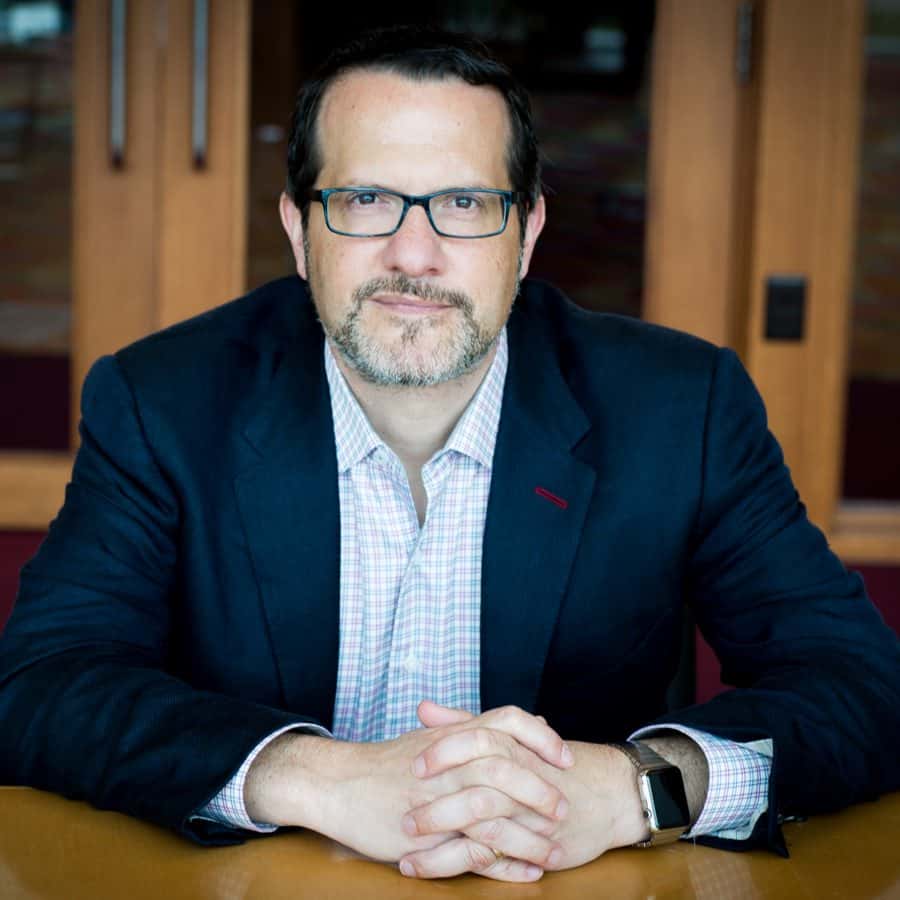
How to Listen to TV Drug Commercials
If you watch television, you can’t avoid TV drug commercials for maladies from type 2 diabetes to auto-immune diseases like psoriasis or rheumatoid arthritis to refractory cancers. Do you see these ads as providing the information you need about your medicines? Or do you perceive them as pushing viewers to request drugs that they may not really need? How do you find out what you need to know about the medicines you take?
Can Your Pharmacist Help?
Dr. Aaron Carroll of Indiana University’s School of Medicine describes the possible benefits of really involving pharmacists in medication oversight. A recent study showed that pharmacists can help doctors deprescribe medications that may be unnecessary or even dangerous for older patients. Have you turned to your pharmacist for information on the drugs you take?
Join the Conversation:
We invite you to tell us where you find the information you seek. What do you glean from TV drug commercials? Does your prescriber provide everything you want or need to know? Do you find the leaflets dispensed by the pharmacy helpful? Or have you found another source? To share your story, you may call 888-472-3366 between 7 and 8 am EST on Saturday, February 16, 2019. Or send us email: radio@peoplespharmacy.com
This Week’s Guest:
Aaron Carroll, MD, is a Professor of Pediatrics and Associate Dean for Research Mentoring at Indiana University’s School of Medicine, and Director of the Center for Pediatric and Adolescent Comparative Effectiveness Research. His research focuses on the study of information technology to improve pediatric care, health care policy, and health care reform.
In addition to his scholarly activities, he has written about health, research, and policy for CNN, Bloomberg News, the JAMA Forum, and the Wall Street Journal. The photograph is copyright Marina Waters.
He has co-authored three popular books debunking medical myths, has a popular YouTube show called Healthcare Triage, and is a regular contributor to the New York Times’ The Upshot. Dr. Carroll’s most recent book is The Bad Food Bible: How and Why to Eat Sinfully.
The research Dr. Carroll describes about pharmacists helping with deprescribing was published in JAMA on Nov. 13, 2018.
Listen to the Podcast:
The podcast of this program will be available the Monday after the broadcast date. The show can be streamed online from this site and podcasts can be downloaded for free. CDs may be purchased at any time after broadcast for $9.99.
Download the mp3 (Choose mp3 from the pulldown menu above the “Add to Cart” button)

